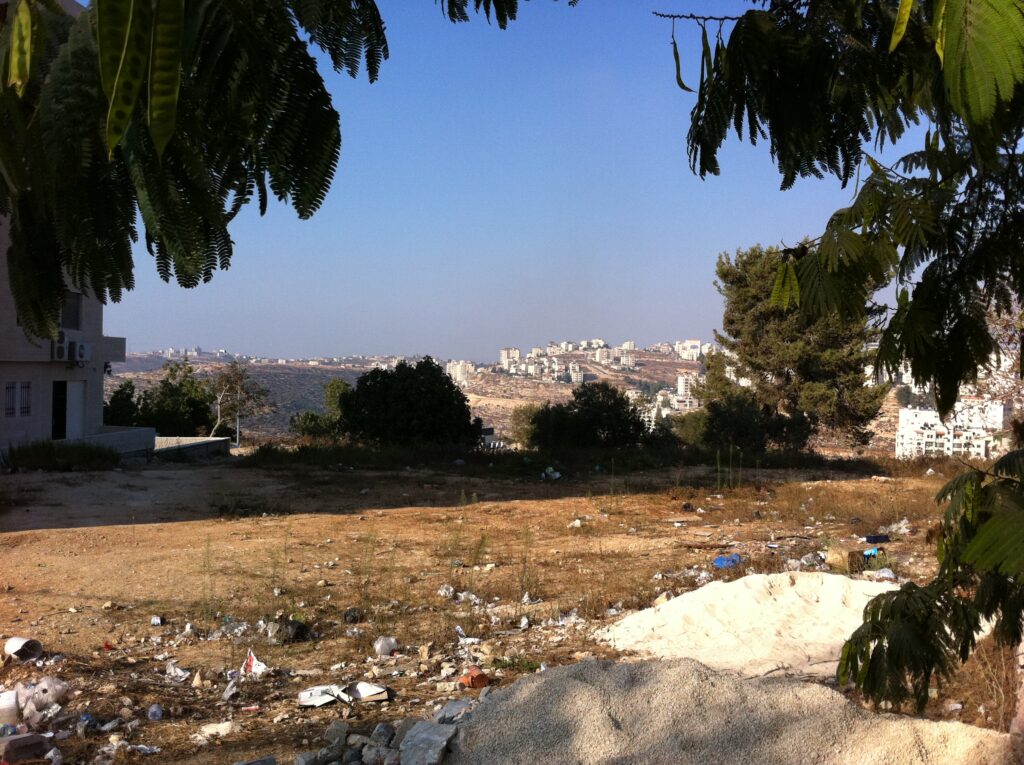
The rumour in the Arab capitals has it that Palestinian president Mahmoud Abbas is about to quit. If so, it should not come as a surprise to anyone. Abbas turned 80 this year and has increasingly been expressing despair over the state of affairs, both to colleagues in Ramallah and to political leaders across the region. Thus far, though, Abbas has refrained from stepping down. Likely reasons for this are concerns about his legacy, as well as about internal challengers within Fatah.
As regards Abbas’s legacy the picture is relatively black. During his presidency no new elections have been held (neither parliamentary nor presidential); peace negotiations with the Israelis are no more; and the deep rift with Hamas has remained, impeding any further institutional development.
As regards internal challengers within Fatah, Abbas seeks to consolidate the power of his loyalists to avoid the risk of both him and members of his family being involved in future lawsuits. Accusations of corruption have been raised against the Abbas family for a long time and lawsuits have become an effective strategy in Ramallah to outmanoeuvre your opponents.
Awaiting Abbas’s next move, it remains unclear who will succeed him and, even, how succession will take place in the event of his post being vacated. The Palestinian constitution stipulates that it is the speaker of the PLC that should carry out the duties of the president until elections can be held (within 60 days). However, as this post is currently held by a Hamas leader, it is unlikely the constitutional procedure will be accepted in Ramallah.
The most likely (and preferable scenario for Abbas) is a three-stage process where one of Abbas’s loyalists in Fatah is first elected Secretary General of the PLO, then Chairman of the Fatah party and, eventually, can assume the role of President of the Palestinian Authority. However, the risk is that the internal contenders within Fatah will not accept this method of succession. Discontent with Abbas and his loyalists has grown particularly strong among the younger generation of Fatah politicians who thinks that the older generation has run out of ideas and doesn’t listen to them. With no appointed successor and no democratic mandate for taking decisions, this group could oppose such a process – arguing that it is both constitutionally illegal and democratically illegitimate.
The risk of a power struggle in Ramallah is real and could end in a crisis, where Palestinian politics is further split from within and the Palestinian Authority is further fragmented to the extent that it is practically dismantled.
The key to a peaceful and relatively democratic transition of power is the PLO. To avoid a succession crisis, the organisation needs to manage to hold a regular PNC session (with >2/3 of the 764 deputies) and in that session elect a new executive committee. By doing this, the PLO will have given (some) democratic legitimacy to the executive committee to appoint a new president of the PA en attendant real presidential and parliamentary elections.
However, as long as certain factions have decided to boycott such a session, as is currently the case, and others are not being let in, this alternative is also blocked and, hence, a crisis is looming.
Read more:


